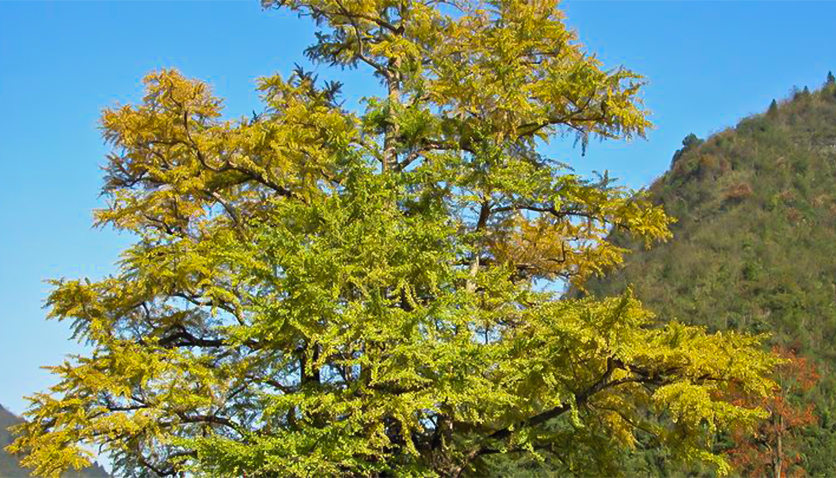The Reason Why Thousand-Year-Old Trees “Don’t Age”
- Nov-2025, 18:05
- 0 Comments
- 6 Views

For more than 200 million years, Earth has gone through countless transformations — species have evolved and vanished, climates have shifted, and ecosystems have changed dramatically. Yet amid all this, one tree has stood the test of time — the ginkgo tree, a living fossil that seems almost immune to aging.
You may have heard of 100-year-old trees, but ginkgo trees can live for over a thousand years. Unless they are infected or cut down, these trees are virtually immortal. A team of scientists has uncovered the secret behind their incredible longevity.
Dixon and his team studied ginkgo trees in both the United States and China, comparing young trees (15 years old) with ancient ones that were up to 1,300 years old. They discovered that the vascular cambium — the part of the tree responsible for growth — continues to regenerate regardless of age.
The key lies in the tree’s genetics. Human cells are programmed to stop renewing after a certain point, leading to aging. Ginkgo genes, on the other hand, lack this built-in expiration, allowing the tree’s cells to keep dividing and regenerating indefinitely.
Although ginkgos grow more slowly with time, and their leaves or trunk may begin to decline, their life processes never completely stop. Even a stump with no branches or leaves can remain alive for centuries.
It’s extremely rare to find a ginkgo that dies naturally. Most perish from infection, drought, or external damage.
As evolutionary biologist Peter Crane notes, the ginkgo’s “immortality” teaches us something profound: